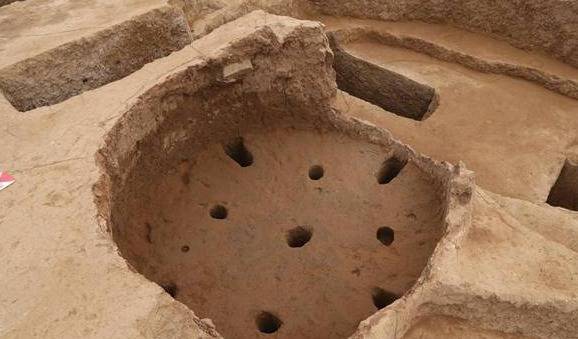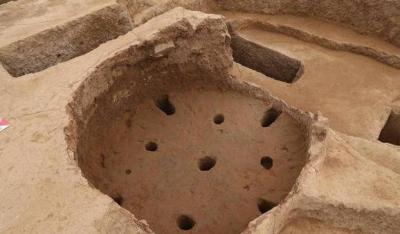Chinese archaeologists have uncovered the ruins of a village that is over 3,000 years old in Hebei Province, northern China. According to the Xinhua News Agency, the village, located in the present-day Chaoyao area of Wuan City, covers an area of approximately 220,000 square meters and was built during the mid-Shang Dynasty (1600-1046 BC).
In this medium-sized village, archaeologists found the remnants of roads, ditches, pottery kilns, waterways, cellars, and rows of houses. The researchers also discovered pieces of ceramics and pottery, hairpins carved from bone, and turtle shells used for divination and fortune-telling. Additionally, a heating system was found within each house, believed to be a prototype of the traditional Chinese "kang," or a platform bed made of adobe bricks.
The village was discovered while archaeologists were excavating the Chaoyao ruins between 2020 and 2022. According to Wei Shuguang, head of the archaeological research department for the Shang and Zhou Dynasties at the Hebei Cultural Heritage and Archaeology Institute, the village may have been the center of a tribe or kingdom at that time. Wei pointed out that the design of the village's ruins was well-thought-out, and the heating system could help researchers understand environmental changes during the mid-Shang Dynasty, as well as measures taken in northern China to maintain warmth.




